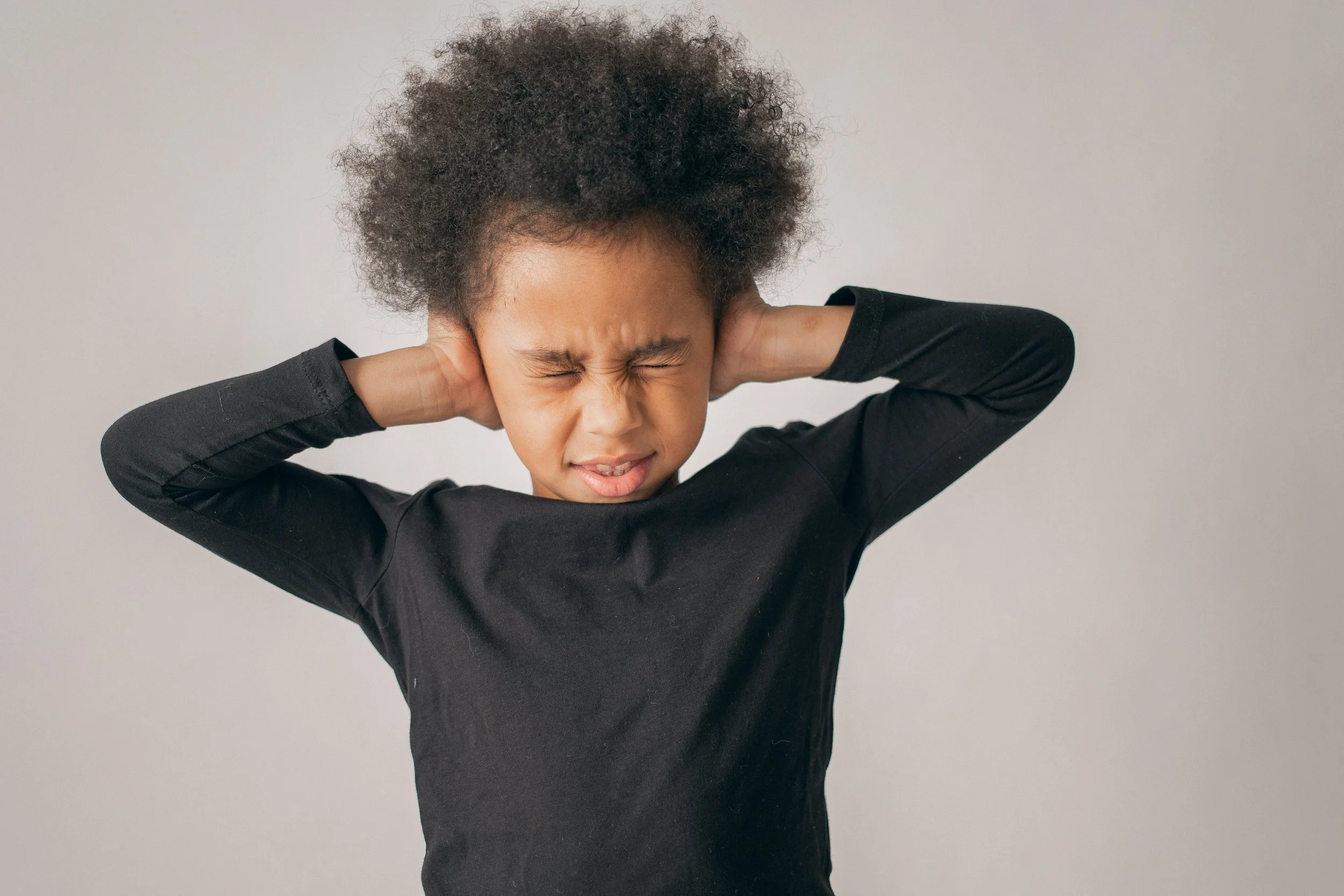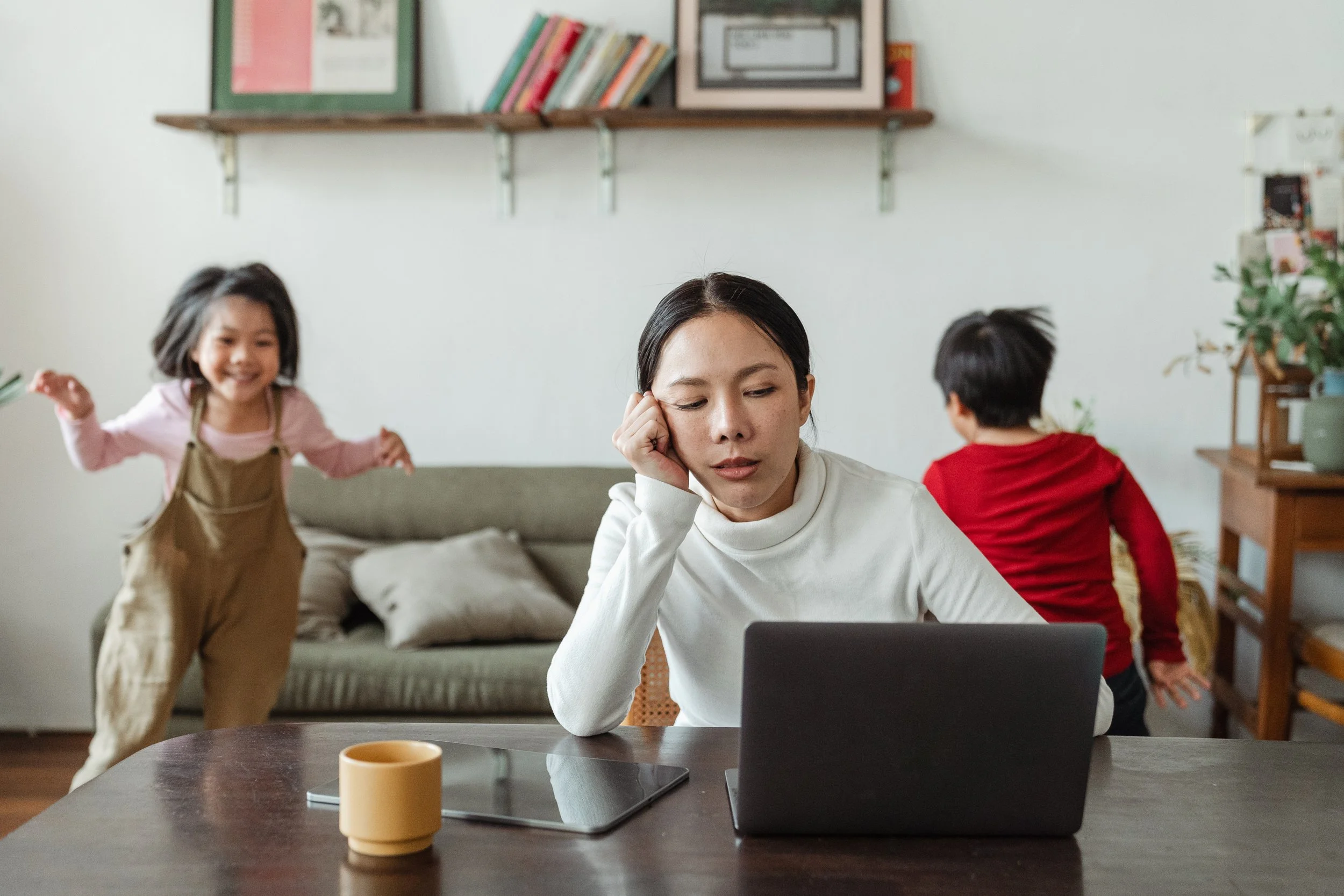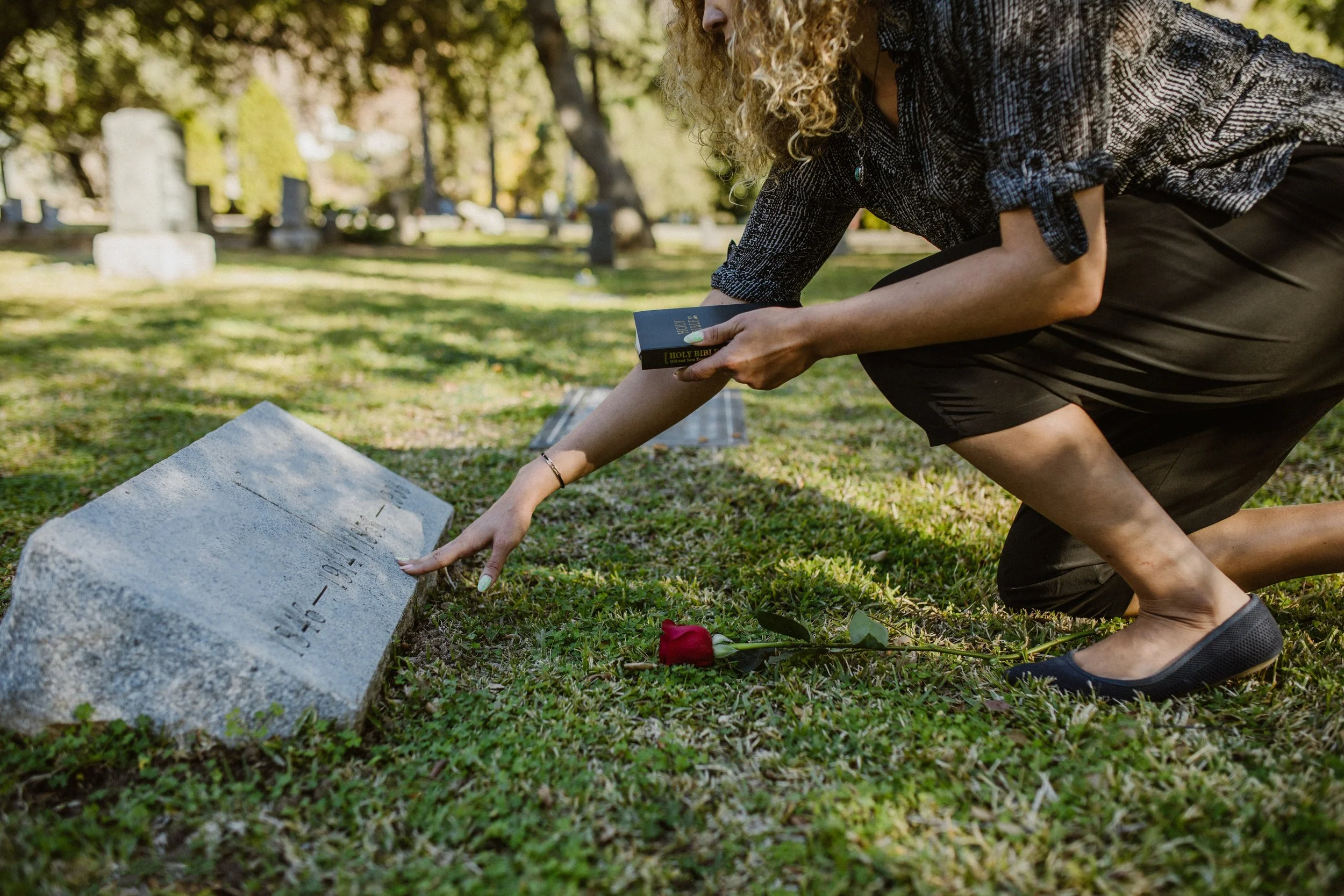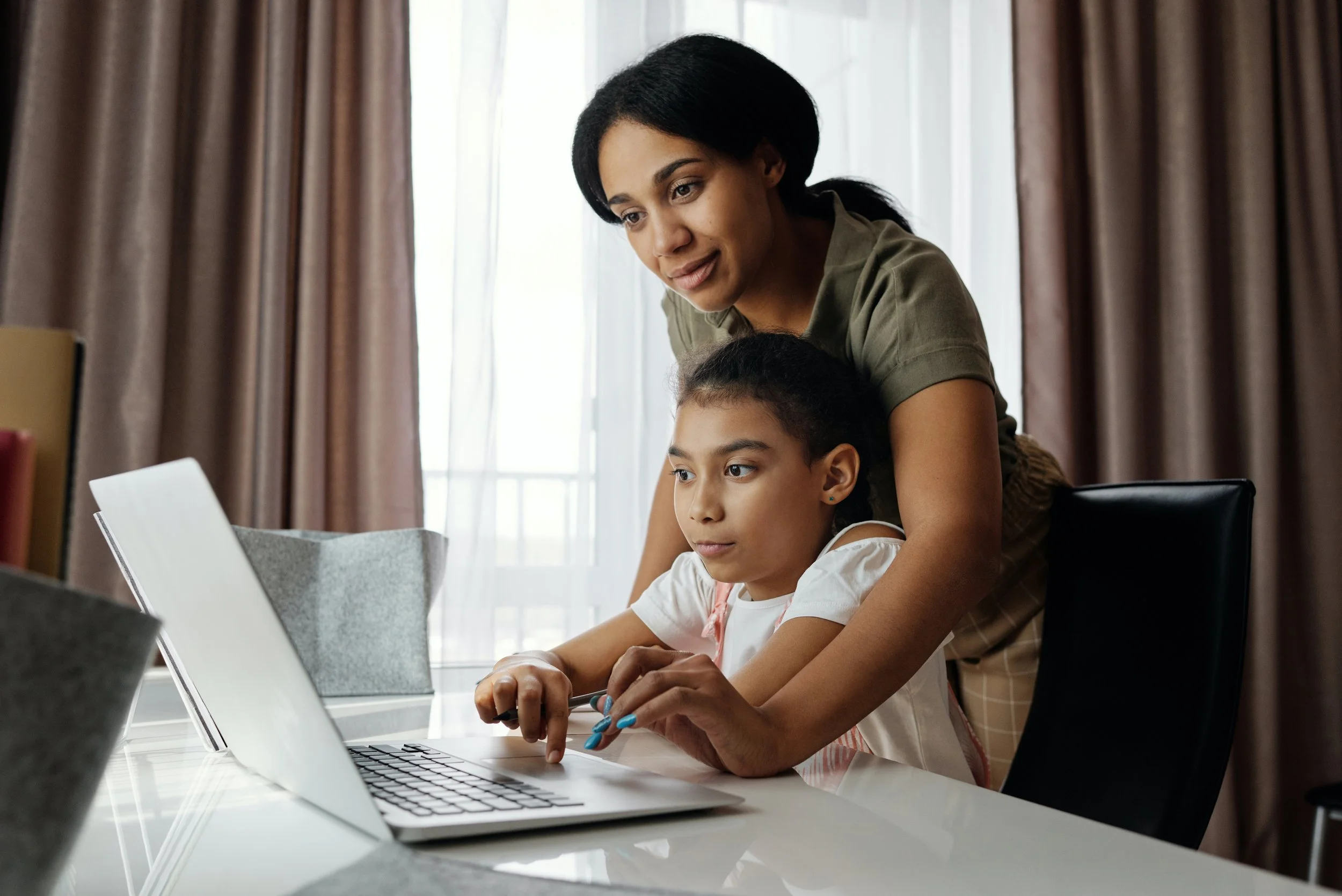Sometimes, a child’s anxiety seems to come out of nowhere. One day, everything seems okay, and the next day, boom! You’re begging them to leave the car to go to school. Other kids may have seemed anxiety-prone since toddlerhood: they were just always more sensitive than their peers. You may even have been told that their worries were just a phase. But here you are, years later, still dealing with the same fears.
When you’re trying to tackle anxiety, it can help to know the root cause. Whether you’re dealing with an all-of-a-sudden attack or an always-been-there anxious temperament, knowing what’s triggered your child’s anxiety lets you better help them to manage it.
Genetics + Life Experiences = Your Child’s Anxiety Risk
Stress affects all of us differently. It’s not always clear why one child may struggle with anxiety after a tough experience, when another gets through the same situation seemingly no worse for wear. It’s likely that our genes and life experiences combine to give each of us a unique way of coping with anxiety and stress.
We know that anxiety runs in families. Kids who have relatives with anxiety disorders are more likely to develop one themselves. This is true even if the types of anxiety are different within the family; for example, a chid who has many family members with generalized anxiety may have a slightly higher risk of developing OCD. Depending on the genes your child inherits, they may be more or less anxiety-prone from the start.
Even if your child has inherited some anxious traits, anxiety still needs an outside event to trigger symptoms. Big events, like moves and divorces, can do this. However, more day-to-day stress plays a part, too. In general, a child who has a strong family history won’t need as big of a stress to set off anxiety. On the other hand, a child with very little family history could still become anxious after a big enough trigger.
There are plenty of things parents and families can do to support a kid with anxiety—and sometimes best intentions can accidentally cause anxiety to grow. But there are so many factors that contribute to childhood anxiety that it’s never one person’s fault.
What’s a Trigger, Exactly?
“Trigger” has become a household word…and sometimes a word used to tease people who are deemed overly sensitive. So let’s clarify what exactly we mean when we talk about anxiety triggers.
A trigger is a catchall term for anything that sets off anxiety. Triggers can be physiological, like drinking too much caffeine if you’re sensitive to it. They may be sensory, like the sound of a fire alarm going off if your child has a sensitivity to loud noises. They can also be situational, like taking a test if you struggle with perfectionism. The pandemic has served as an anxiety trigger for many kids in recent years.
Triggers are unique to an individual. What triggers one person might not be an issue for another. Sometimes it can be hard to figure out what exactly is setting off anxiety for a child. It’s helpful to discover your child’s triggers so you can figure out how to prepare for potentially difficult situations in advance. The goal isn’t to avoid triggers forever, but to find ways to gradually learn to deal with them.
Sometimes, people talk about triggers as being the thing that set off a child’s anxiety in the first place. Other times, “trigger” is used to describe the day-to-day events that cause anxiety to flare up again. We’ll talk about both types in this post.
Any Big Life Change Can Trigger Worries
Predictabilty and routine help children feel safe. Knowing what’s about to happen next gives kids a sense of control in a world that often feels big and unpredictable. Anything—good or bad—that upends routines in a major way can lead to increased anxiety for kids.
This is one reason why so many kids are struggling with anxiety after covid, even if their loved ones haven’t been seriously affected. Even without major illness, the stress of household routines collapsing in on themselves during quarantine was a lot to cope with. It’s also why starting at a new school or moving to new town can set of anxiety, even if your child is excited about the change.
Here are some big changes that can set off anxiety for kids:
Moving to a new place
Divorce or remarriage of a parent
The birth of a new baby
The death or loss of a loved one
On a more day-to-day basis, these changes in routine can cause anxiety to flare up, too:
Unexpected changes in plans
Changes in a parent’s work schedule that affect their time spent at home
Vacations or travel
New babysitters or caregivers
Family Stress Increases Anxiety Risk
Kids are really good at picking up on family stress. Sometimes, a chlid’s anxiety is almost like a release valve for pressure that’s been building up at home. If a child starts showing new symptoms of anxiety, it’s never a bad idea to do a quick assessment of how you and the rest of the family are doing managing your own stress.
If children sense that things are a little tense at home, they may respond by clinging or getting more anxious when they have to be away from a parent. Kids instinctively want to be close to a parent during uncertain times, to make sure they stay safe.
Any major stress in a family will affect children too, such as:
Intense, frequent fights between parents
A family member’s chronic or serious illness
Job loss or trouble with finances
A parent or caregiver’s own mental health struggles
Struggles with racism or other systemic oppression
If your child is sensitive to family stress, you may notice that their anxiety gets set off by everyday scenarios such as:
Changes in family routines or plans
Parents leaving the house for work or date nights
Having to separate from the family, such as for school or a sleepover
Seemingly minor arguments, disagreements, or discipline
Friend and School Drama Are Often Triggers
The older kids get, the more important friendships become in their lives. And these friendships can be pretty turbulent! On one hand, most kids are desperate to be accepted as part of a group. On the other, they’re still figuring out the social skills they need to manage conflict without escalating disagreements into full-on drama.
Kids have to juggle all this social stuff while also dealing with academic pressure that can feel overwhelming. Homework, college admissions, and even just getting to class on time can be stressors for kids.
School and peer issues like these can contribute to the development of anxiety troubles:
Returning to in-person school after being online during Covid
Bullying or social isolation
Transitioning fo a new school building, such as the move from elementary to middle shcool
Learning difficulties, low grades, or other academic problems
Kids may notice that smaller triggers like these set off everyday anxiety at school:
Projects that require public speaking
Testing, especially standardized testing
Feeling judged for their appearance, clothes, or interests
Having to navigate a large or complicated school building
Not sharing many classes with familiar friends
Grief: A Surprisingly Common Source of Anxiety
Grief is often associated with sadness, anger, denial, and a whole host of other feelings. But when we think of grieving children, anxiety might not be top of mind. Losing a loved one often means a loss of stability for kids. Their routines are upended, a safe person is gone, and suddenly, they’re aware of the many unexpected dangers that can happen in life.
It’s normal for grieving children to experience separation anxiety while grieving, because keeping loved ones in sight feels more safe. Health anxiety is also common, since children may worry about whether or not they or a loved one could get sick or die, too. The stress of grief can also lead to more generalized worries, trouble sleeping, and body aches and pains due to anxiety, too.
Some types of grief that can trigger anxiety include:
The death of a family member or close friend
Losing a loved one due to estrangement, a move, or imprisonment
The death of a pet
The loss of a pregnancy in the family
Triggers related to grief, death, and loss can trigger kids on a more day-to-day basis, too. Grieving kids may notice their anxiety heighten when faced with situations such as:
Scenes of violence, illness, or death on TV or in movies
Mentions of suicide in health class
Assigned school readings with themes of grief and loss
Anniversaries and holidays that remind a child of their loved one
Being away from caregivers
Illness, Accidents, and Trauma Can Lead to Anxiety
Highly stressful and traumatic events can also shake up a child’s sense of safety. Even if nobody gets seriously hurt, the experience of an accident or a dangerous situation can leave a child with lasting worries.
At the beginning, you may notice your child is only anxious in situations that are closely linked to their stressful event. Over time, however, that anxiety can generalize. This means the anxiety pops up more often in situations that are only loosely connected to the original event. As time passes it can be harder to connect anxiety symptoms to the underlying trauma or stress that triggered them in the first place.
Traumatic or stressful events that can lead to anxiety include:
Car accidents
Attacks or bites from dogs or other pets
A loved one experiencing a major illness
Natural disasters such as fires, floods, and tornadoes
Repeatedly hearing about crime, disasters, or other emergencies affecting people on the news
Children dealing with trauma may notice they feel nervous or overly aware of their surroundings even when there isn’t a clear trigger. They might also notice anxiety caused by:
Sudden noises
Sensory experiences (like sounds and smells) that remind them of their trauma
People, places or things that are associated with the stressful event
Help Your Child Learn and Cope With Their Anxiety Triggers
Learning what triggers anxiety is the first step toward helping your child cope with worries in a healthier way. Once children know what sets their anxiety off, they can learn strategies to help them in difficult situations. They can even practice noticing their thoughts, and questioning whether the worries that bother them so much are even accurate.
These skills may seem small, but over time they add up. Coping skills can change a child’s perspective on anxiety and other big feelings. They can empower children by giving them some control when things feel totally out of hand. We can’t always change a stressful situation, but giving kids coping skills can help them deal with hard moments, both now and as they grow up.
I teach coping skills so much in my therapy practice that I’ve created an entire coping skills course for tweens on the subject. Kids ages 8-13 can learn anxiety management tools they can use right away. There’s content for parents, too, so you can learn why the skills work and how to support your child in practicing them. You’ll also learn what isn’t as helpful for anxiety, so you don’t unintentionally make worries worse.
You can learn more about the course, preview the lessons, and enroll your child here.





